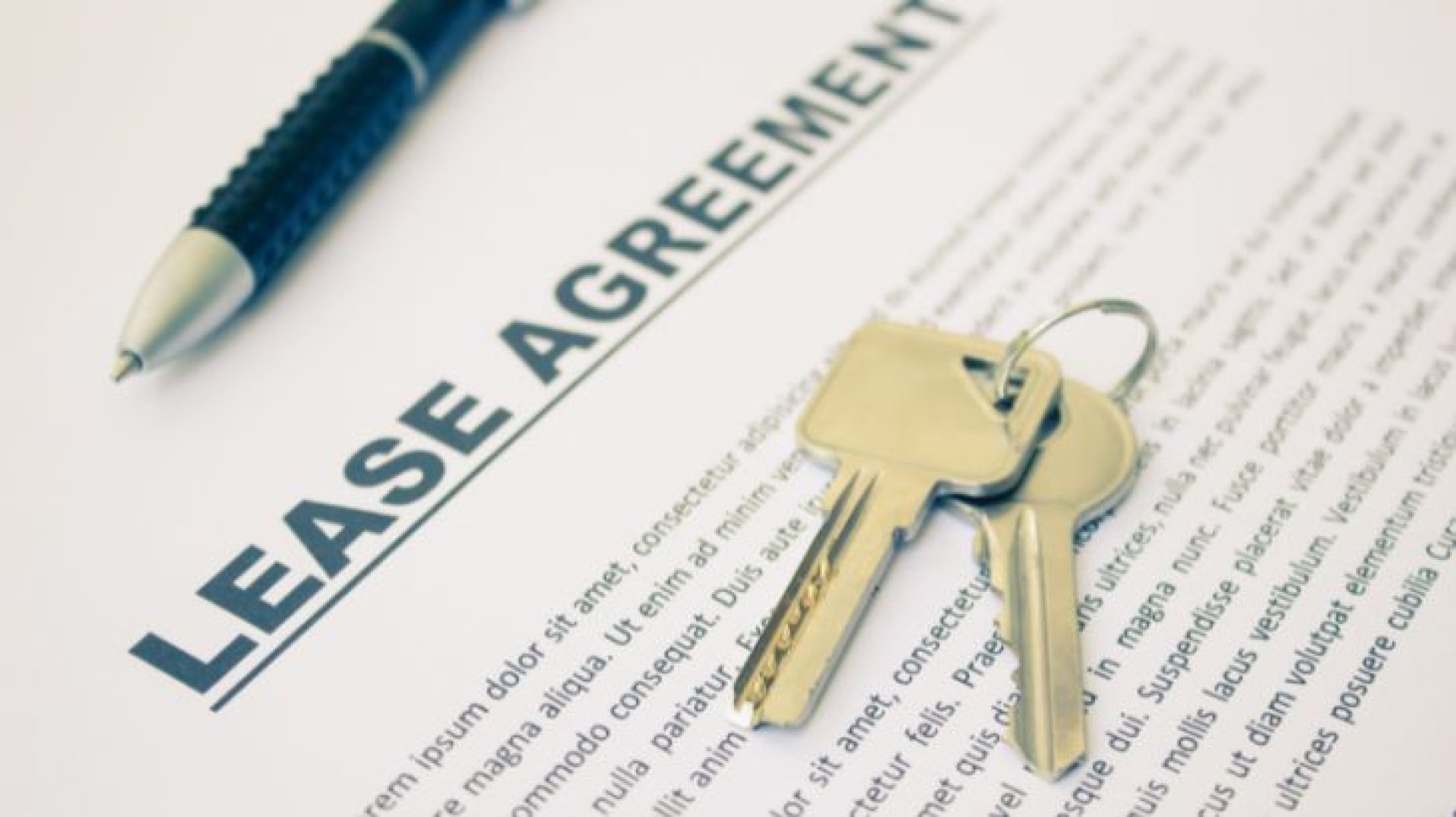Why Lease Agreements Matter
Last updated: 12 Apr 2025
1902 Views

Rental Contracts in Thailand: Key Information
A rental contract (or lease agreement) in Thailand is a legally binding agreement between a property owner (lessor) and a tenant (lessee), outlining the rights and responsibilities of both parties during the rental period.
Key Elements of a Rental Contract
For Foreign Tenants (Non-Thai Nationals)
Foreigners can rent property in Thailand with no legal restriction on short- or long-term leases. However, here are some important notes:
What Foreigners Can Rent:
Important Points for Foreigners:
Rental Process Overview
A rental contract (or lease agreement) in Thailand is a legally binding agreement between a property owner (lessor) and a tenant (lessee), outlining the rights and responsibilities of both parties during the rental period.
Key Elements of a Rental Contract
- Parties Involved: Lessor (property owner) and Lessee (tenant)
- Property Details: Address, size, furnishings, and included items
- Lease Term: Clear duration (e.g., 1 year, 3 years, 30 years)
- Rental Price: Monthly rent, due dates, and payment method
- Security Deposit: Typically 13 months rent
- Termination Clause: Notice period and penalties (if any)
- Renewal Terms: If applicable
- Responsibilities of Each Party: Repairs, maintenance, utility bills, etc.
️ Legal Considerations under Thai Law
- Leases over 3 years or continuous terms exceeding 1 year must be in writing and registered with the Land Department.
- Maximum lease duration:
- For residential or commercial use: 30 years, renewable for another 30 years (subject to a new contract and registration)
- Lease rights cannot be transferred or subleased without the owner's written consent.
For Foreign Tenants (Non-Thai Nationals)
Foreigners can rent property in Thailand with no legal restriction on short- or long-term leases. However, here are some important notes:
What Foreigners Can Rent:
- Condominiums (most popular choice)
- Houses, townhomes, or apartments
- Land for residential or commercial use (via leasehold only; ownership of land is not allowed)
Important Points for Foreigners:
- Passport & Visa: A valid passport and visa are required.
- Work Permit or Long-Stay Visa: Often requested for leases longer than 1 year.
- Tax Identification Number (optional): If renting commercially or long-term.
- Foreigners Cannot Own Land: Lease is the only viable option for using land.
- Lease Registration:
- Recommended leases over 3 years, or for added protection
- Must be done at the Land Office with a registered title deed and both parties present
- Can usually be made in Thai Baht via bank transfer or in cash.
- Some landlords may request payment through a Thai bank account foreign tenants may need to open one.
Rental Process Overview
- Negotiate terms with the landlord
- Draft and review the lease agreement
- Verify property ownership (ask for the title deed)
- Sign the lease (and register at the Land Office if applicable)
- Pay deposit and first months rent
- Take possession of the property
Related Content
Balconies, porches, and patios are common architectural features in Thai homes, yet each carries different legal implications under the Building Control Act and municipal regulations.
8 Dec 2025
The most fundamental requirement for a valid insurance contract — without insurable interest, the contract is legally void.
7 Oct 2025
Thailand’s e-Service Tax requires foreign digital providers to register VAT 7% on sales over THB 1.8M to Thai users.
2 Sept 2025


